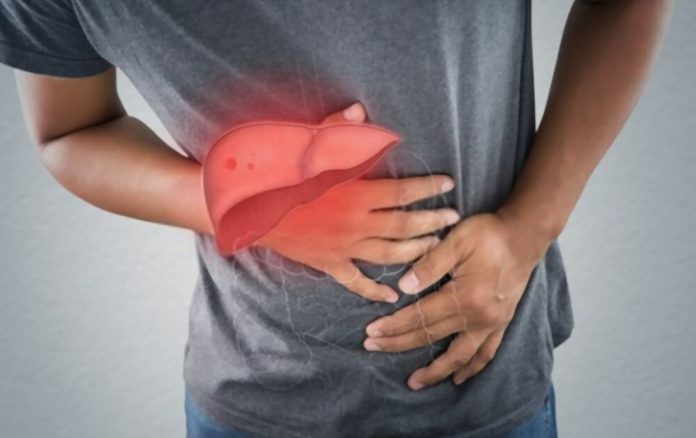Liver cancer is feared mostly for its lethality, but even individuals who survive the disease face years of hardship after recovery. There are many things that put people at risk. One study found that a non-alcoholic drink could raise the chance of getting the disease by as much as 78%.
It is clear that many things contribute to the spread of the disease, but sodas and fruit juices are one of the less obvious ones. Certain fruit juices or sugary drinks, according to some studies, may increase the risk of liver cancer by as much as 78%.
Artificially sweetened beverages and fruit juices are among the most popular types of sugar-sweetened beverages being consumed around the world.
The sweetening components in both drinks, sucrose and high fructose corn syrup, are similar.
Fruit juices naturally include more antioxidants and micronutrients, but they also have a larger quantity of free sugar, which is bad for your health.
They also have a significantly lower fiber content than whole fruit, which provides some protection against the condition.
The greatest risks, however, are associated with the juice’s free sugar content, which adds to excessive energy consumption.
Longgang Zhao, a doctoral candidate at the University of South Carolina, and lead author of the latest study says: “Our findings suggest sugar-sweetened beverage consumption is a potential modifiable risk factor for liver cancer.”
“If our findings are confirmed, reducing sugar-sweetened beverage consumption might serve as a public health strategy to reduce liver cancer burden. Replacing sugar-sweetened beverages with water, and non-sugar-sweetened coffee or tea could significantly lower liver cancer risk.”
Researchers looked at data from 90,504 postmenopausal women who took part in the Women’s Health Initiative, a long-term study that began in the early 1990s. In the mid-1990s, participants filled out baseline surveys and were followed for an average of 18 years. Researchers used validated food frequency questionnaires to assess sugar-sweetened beverage consumption, as well as medical records to confirm liver cancer diagnoses.
Approximately 7% of participants reported daily consumption of one or more 12-ounce servings of sugar-sweetened beverages, and 205 women developed liver cancer.
Women who consumed one or more sugar-sweetened beverages per day were 78% more likely to develop liver cancer, while those who consumed at least one soft drink per day were 73% more likely to develop liver cancer, compared to those who never consumed these beverages or consumed less than three servings per month.
Researchers believe that higher sugar-sweetened beverage consumption may raise the incidence of obesity and type 2 diabetes, which are risk factors for liver cancer. More research is needed to establish the variables and mechanisms behind the association. These beverages can also cause insulin resistance and fat deposition in the liver, both of which have an impact on liver health.
“Intake of sugar-sweetened beverages, a postulated risk factor for obesity, diabetes and cardiovascular disease, may drive insulin resistance and inflammation which are strongly implicated in liver carcinogenesis,” Zhao added.
Researchers emphasized that the study is observational and was not meant to evaluate whether sugar-sweetened beverages actually cause liver cancer or whether use of such beverages is indicative of other lifestyle variables that lead to liver cancer. Also, since the study focused on women more research is needed on men and younger women to find out more about the links.
Image Credit: Getty
You were reading: The drink that could raise your risk of liver cancer by 73% or more – it’s not alcohol
